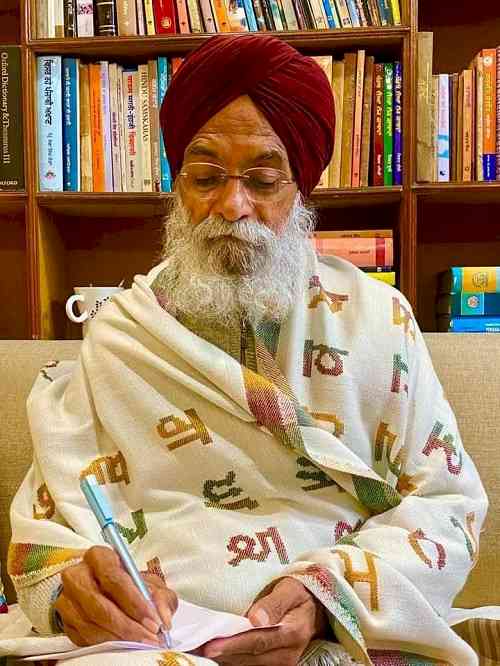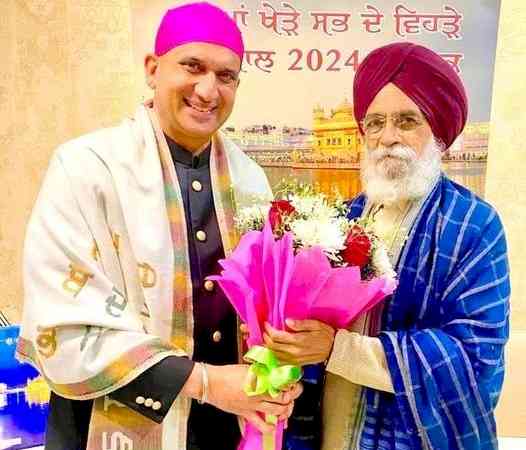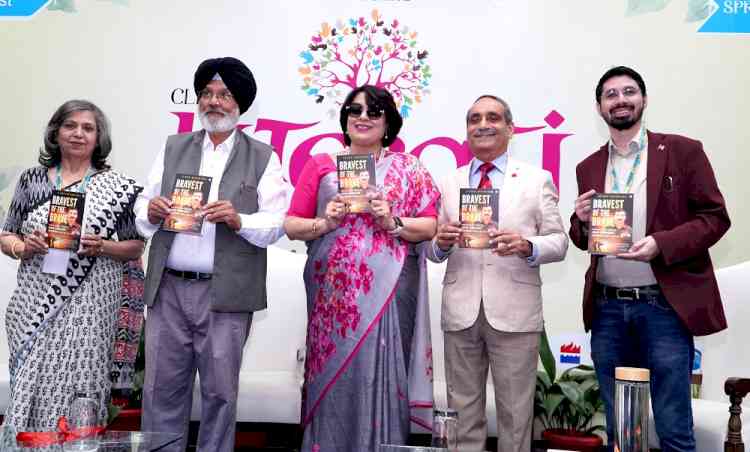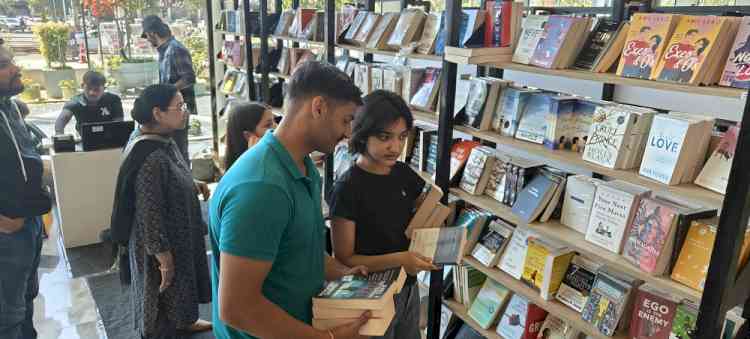The Legend of Punjabi Language, Art, Culture, Heritage, Folk and Poetry Dr Surjit Patar bids final adieu to mortal world

by Harpreet Sandhu Author & Former Additional Advocate General Punjab
In the wake of uncertainties that we all face, we often find solace and inspiration in reflecting on the profound impact left by those who have departed from our midst. Today, the Legend of Punjabi Language, Art, Heritage, Folk and Poetry Padma Shri Dr. Surjit Patar has paid his final adieu to the mortal world leaving behind the illustrious life and enduring legacy of his luminary contributions to Punjabi literature and culture which will reverberate across future generations to come. Dr. Surjit Patar was not merely a poet; he was a custodian of the Punjabi language, a torchbearer of its rich literary tradition. Born in the quaint village of Patar, in the Tarn Taran district of Punjab, his journey from humble beginnings to becoming one of the most celebrated poets of his time is a testament to his unwavering dedication and unparalleled talent.
Throughout his prolific career, Dr. Patar penned verses that resonated deeply with the masses, capturing the essence of Punjab's ethos, its joys, sorrows, and aspirations. His poetry was not confined to the ivory towers of academia but breathed life into the everyday experiences of ordinary people, weaving a tapestry of emotions that transcended boundaries of language and culture.
As the Chairman of the Arts Council Punjab, Dr. Surjit Patar he played a pivotal role in nurturing and promoting Punjabi literature and arts. Under his stewardship, the Council became a vibrant hub for literary activities, fostering creativity and providing a platform for emerging talents to shine. His unwavering commitment to preserving and propagating the Punjabi language earned him widespread acclaim and reverence. Beyond his literary pursuits, Dr. Patar was a visionary who recognized the power of poetry as a catalyst for social change. He fearlessly addressed pressing issues such as social inequality, environmental degradation, and the plight of the marginalized, using his poetic voice to advocate for justice and compassion. His influence extended far beyond the borders of Punjab, earning him recognition and accolades on the national and international stage. His illustrious career was punctuated by numerous awards, including the prestigious Padma Shri, India's fourth-highest civilian honor, conferred upon him in recognition of his invaluable contributions to literature and culture.
As we mourn the loss of this literary giant, let us take comfort in the enduring legacy he leaves behind. Dr. Surjit Patar's words will continue to echo through the corridors of time, inspiring generations to come to embrace the beauty of the Punjabi language and the power of poetry to illuminate the human experience.
I was privileged to witness the warmth and humility of Dr. Surjit Patar that defined his persona. One of the most memorable words which he used to address at the beginning of every New Year stating "God gives us a new blank copy of 365 pages and it's up to us what we fill in it." this simple yet profound wisdom encapsulated Dr. Patar's philosophy of life is a reminder of the boundless potential inherent in each passing day, urging us to seize every moment with purpose and intention. His words resonated deeply with me, serving as a guiding light amidst life's uncertainties. It was evident that for Dr. Patar, the essence of existence lay not in the grandeur of accomplishments but in the sincerity of our endeavors and the richness of our experiences. His message continues to echo in my thoughts, a poignant reminder of the power we hold to shape our own destinies and make each day count.
In commemorating his life and work, let us reaffirm our commitment to preserving and promoting the rich tapestry of Punjabi culture that Dr. Patar so ardently championed. Though he may no longer walk among us, his spirit lives on in the verses he penned and the hearts he touched, reminding us that true greatness transcends the bounds of mortality.

The author is seen with Dr Surjit Patar. (File Photo)


 City Air News
City Air News 







